
The half-day event on ideas, research, and perspectives
in Distributed / Decentralized Computing
DAYstributed is a half-day event featuring a series of lightning talks by researchers and PhD students from the Department of Computer Science at the University of Pisa. Each 5-minute pitch is designed to share experiences and research activities in the broad field of distributed computing — from parallel to decentralized systems, from Cloud to Edge/IoT, covering both theoretical and technological perspectives. The event aims to spark ideas and foster collaboration across disciplines.
Sala Gerace, Department of Computer Science, University of Pisa
Largo Bruno Pontecorvo, 3, 56127 Pisa PI, Italy
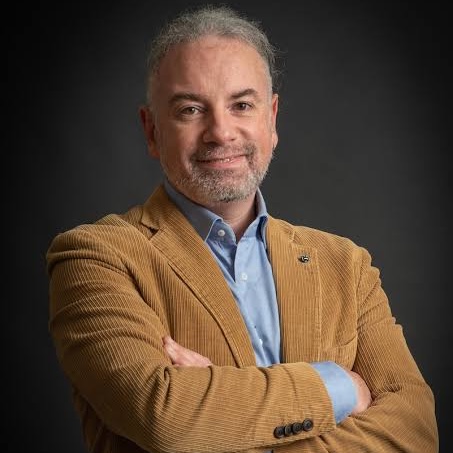

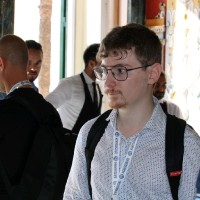





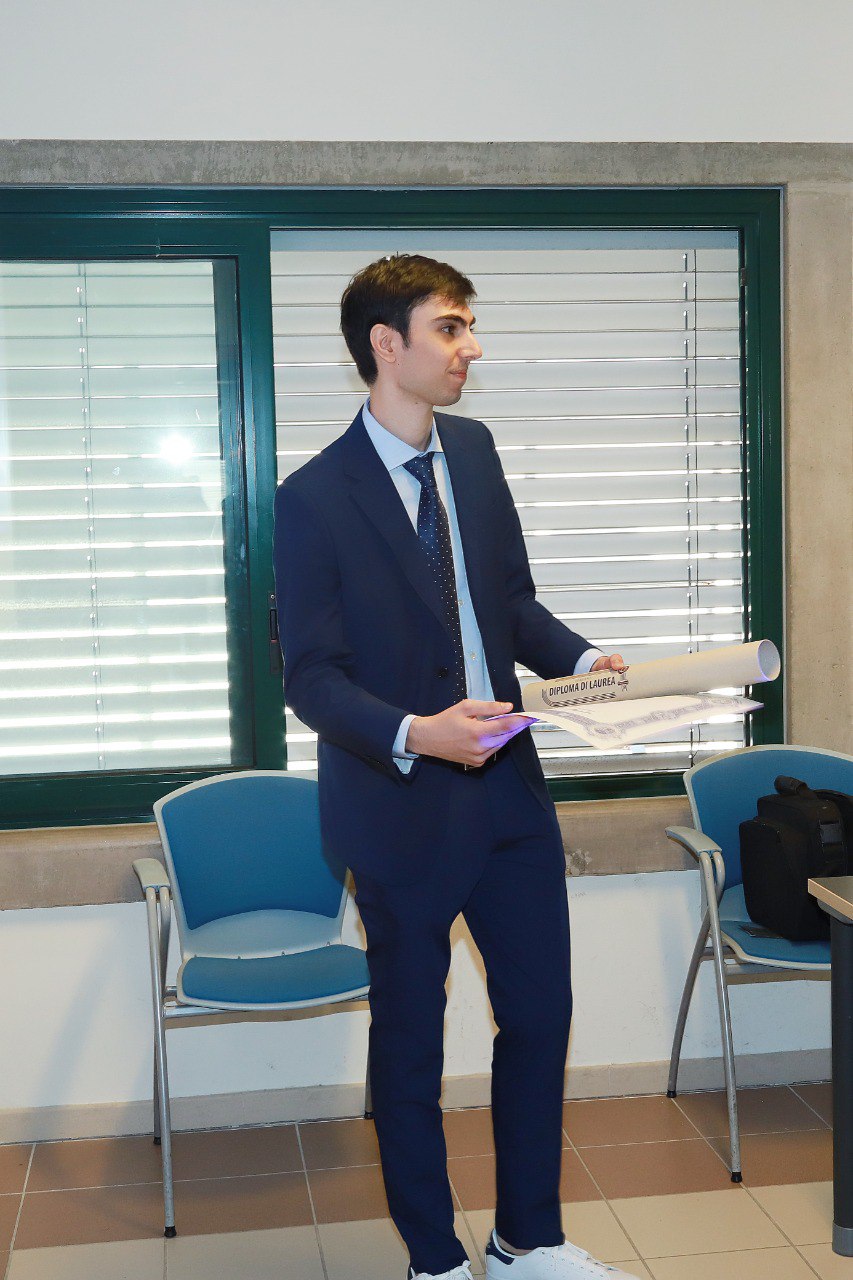



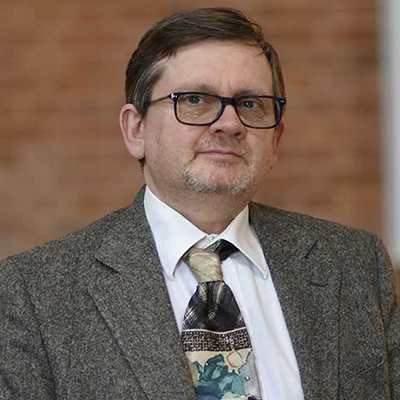





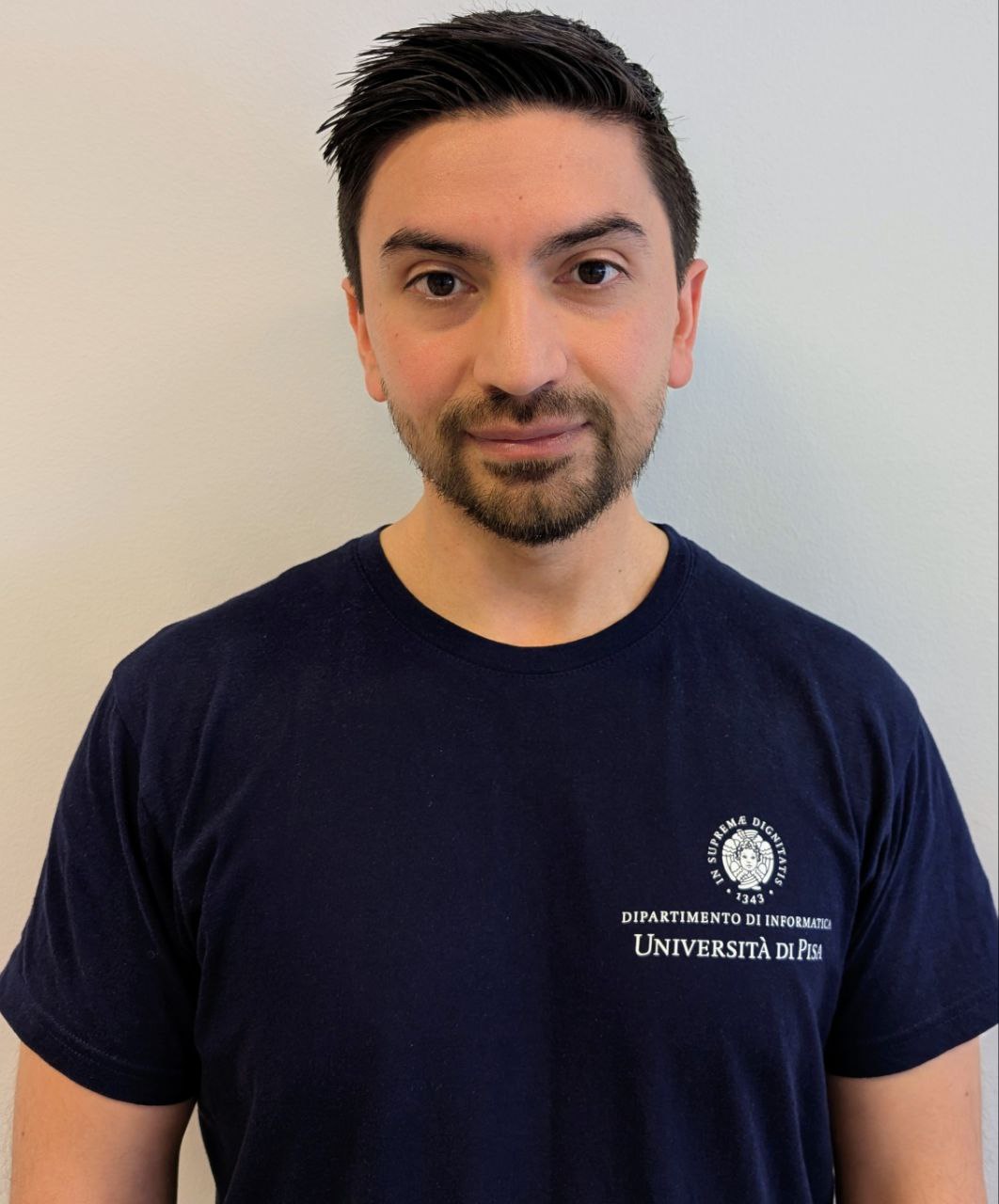

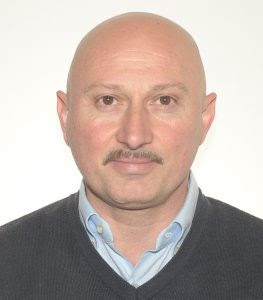
The following schedule is a tentative agenda for the event, and is subject to change. Please check back for updates.
Artificial Intelligence (AI), especially through its recent machine learning developments has shown ground-breaking impacts on problems even unthinkable to solve a few decades ago. However, AI solutions nowadays often require significant amounts of resources to be created, used and maintained over time, showing dramatic issues in terms of efficiency, scalability and ultimately sustainability. In this talk I focus on the development of AI methodologies that could dramatically reduce the computational and memory resources needed to develop and maintain them over time. My approach is based on the fundamental concept of “reusability” with the main objective of developing a continual, decentralized, compositional building system for Sustainable AI solutions both on a methodological and software engineering level. I plan to support this main objective through the buildout of a scientific foundation on AI solutions that can be incrementally built and adapted over time, the creation of decentralized protocols to share and re-use knowledge across different applications and compositionality methodologies to create new AI solutions starting from existing ones.
My study investigates decentralized Knowledge Distillation as a flexible alternative to Federated Learning. The objective of my research is twofold: first, it aims to study and understand the dynamics of Knowledge Distillation in distributed and/or decentralized environments. Second, it aims to study knowledge transfer mechanisms to ensure effective and efficient model training in a decentralized environment while addressing constraints related to scenarios with limited supervision.
In this talk, we address the challenge of fairness in Federated Learning models. While Federated Learning is widely praised for its privacy-preserving capabilities, much less attention has been given to the issue of unfair behavior in the resulting models. We present GLOFAIR, a methodology based on Multi-Objective Optimization that balances predictive performance with the satisfaction of multiple fairness constraints. Unlike many existing approaches that target a single fairness metric or sensitive attribute, GLOFAIR can enforce several diverse fairness constraints simultaneously. We demonstrate its effectiveness, showing that GLOFAIR improves fairness without significantly affecting model performance or training time.
Federated Learning has emerged as a promising approach for preserving user privacy by design, since it avoids transferring raw data to a central server. However, recent legal and ethical frameworks, both in Europe and globally, have emphasized that privacy alone is not sufficient. In fact, there is a growing demand for models that are also interpretable and fair. In Federated Learning, addressing these requirements is particularly challenging due to the decentralized and heterogeneous nature of the training environment. This highlights the need for dedicated methodologies capable of providing explanations and ensuring fairness, without compromising the core privacy guarantees of Federated Learning.
My talk will describe what I have realised together with my research group in the context of federated learning and will present at IJCNN. We have implemented an explainer model of a black-box model trained in a federated (distributed) context. The explainer model is trained in a federated manner, guarantees epsilon privacy on the data as it learns using differential privacy. The explainer model allows the outputs of the black-box model (both trained in a distributed manner) to be interpreted without sharing the data, only the weights of the model. The explainer model for an instance is an approximation of the Shapley values of the box-black model on that instance.
In this short talk, I will try to summarise the objectives of some techniques we have developed for the execution, management and monitoring of applications in distributed heterogeneous infrastructures, taking into account different aspects such as QoS, resilience to failure and sustainability.

This pitch introduces FREEDA, a research project aimed at supporting DevOps engineers in achieving failure-resilient and sustainable deployments of microservice-based applications over the Cloud-IoT computing continuum. After providing the context, rationale, and motivations of FREEDA, we introduce the main research objectives of FREEDA and its concept, namely how FREEDA will realize its research objectives.
Distributed computing underpins a growing number of digital services, but its environmental impact is often overlooked. In this short talk I will share some recent experiences in the field of Green Computing, with a focus on tools and methodologies we are exploring to make distributed systems more sustainable. The aim is to stimulate possible collaborations on techniques, tools and use cases that combine distributed computing and environmental sustainability, integrating impact metrics into software design, deployment and orchestration processes.
Stream processing is a computing paradigm focused on the continuous analysis of data streams to derive insights, knowledge, and analytics in real time. In this short talk, we present an overview of our work in this area, emphasizing the parallelization of specific streaming tasks. Our approach addresses the challenges posed by limited processing power and memory availability, and explores the use of hardware accelerators—often integrated as co-processors in low-end devices—to enhance performance under constrained conditions.
Energy neutrality in energy harvesting IoT implies a scheduling problem subject to the constraint of energy neutrality on the one hand, and on the maximization of the performance on the other. The problem becomes even more complex when considering networked IoT devices, that need to coordinate their schedule.
Exploiting structure is perhaps the fundamental principle in all optimization, but it entails numerous trade-offs, especially when the problem at hand has multiple, heterogeneous, possibly nested forms of structure. Indeed, existing tools, even when endowed with structure-exploiting features, typically focus on only one specific form of structure. The Structured Modelling System++ (SMS++) is a C++ library whose main goal is to facilitate the development of solution methods for (possibly, very large) optimization problems with multiple nested heterogeneous structure that require a tight integration between the model and the algorithm, such as (but not exclusively) those based on decomposition, allowing exploitation of HPC capabilities. In the attempt of achieving this goal SMS++ has accrued a number of features that look quite unique in the landscape of modelling systems, so much so as to raise the legitimate suspicion that the reason why these features have never been developed before is because no sane person would have ever thought them a good idea. Yet, we present results about using SMS++ to solve extremely large stochastic optimization problems with a tri-level approach combining convex optimization, stochastic dual dynamic programming, Lagrangian decomposition and dynamic programming which hint at the fact that for these extremely demanding use cases the capabilities of SMS++, in particular those related to exploiting large-scale parallel computing systems, may indeed be useful.
Briefly discuss trends in acceleration, in programming tools for accelerators and discussing how to get rid of the accelerator jungla by rising the level of abstraction required to program (the libraries targeting the) accelerators.
This talk outlines the FastFlow parallel programming model, currently deployed on HPC clusters, and presents the ongoing work to extend it to heterogeneous distributed systems via the multi-backend MTCL library.

This presentation outlines the contribution of UniPi to the EU-funded project NOUS. In this project, we bring the support of the C++ FastFlow library in python targeting Edge-placed applications.

Nowadays, it is a need for a convergence between the traditional HPC calculus and the new paradigms emerged in last decades, such as Cloud and Edge Cloud, to allow HPC Data Steam application to exploit external resources in case of high dynamic workload, gaining flexibility, improving resource utilization, increasing cost and energy efficiency. On the other hand, new paradigms exploiting lightweight virtualization and on-demand function execution such as Function-as-a-Service ( FaaS ) allows fine-grained offloading of single serverless functions. In this intervention, I'll show StarFlow, a new extension to the shared-memory structured parallel programming tool, FastFlow. Such extension allow offloading of part of the computation transparently to an external FaaS management tool, Serverledge.
ECLYPSE is an open-source Python framework designed to simulate and emulate distributed applications over dynamic Cloud-Edge infrastructures. It combines an abstract, asset-based resource model with an event-driven simulation engine and Ray-based service emulation. This pitch will briefly showcase how ECLYPSE enables rapid prototyping of placement and orchestration strategies, and open a discussion on using it for benchmarking decentralized or adaptive algorithms in distributed systems.

This short presentation introduces SPARE: Self-adaptive Platform for Allocating Resources in Emergencies for Urgent Edge Computing, an ongoing research activity focused on developing a lightweight and flexible computing platform for emergency scenarios. The aim is to enable quick access to nearby computational resources, like edge devices, for timely data processing during natural disasters or health emergencies. Built on lightweight virtualization technologies, SPARE aims to simplify deployment and enhance responsiveness in urgent, real-world scenarios.

With the increasing access to heterogeneous quantum computers via the cloud, a new challenge emerges: how to best exploit them in distributed scenarios? In this talk, I will present innovative strategies for dynamically distributing quantum computation across multiple QPUs, with the aim of optimising quality, execution time and cost even in dynamic and inhomogeneous environments. We will explore customisable, adaptive and black-box approaches for efficient allocation of shots - independent repetitions of a probabilistic quantum programme - and for balancing computational loads. These strategies aim to improve the utilisation of available resources and facilitate the integration of different platforms, contributing to the development of a more flexible and interoperable quantum infrastructure.
In this short talk, I will give an overview of general methods for the development of distributed/decentralised algorithms on graphs, with particular emphasis on the “think like a vertex” paradigm, which involves local information exchange to arrive at a general solution.